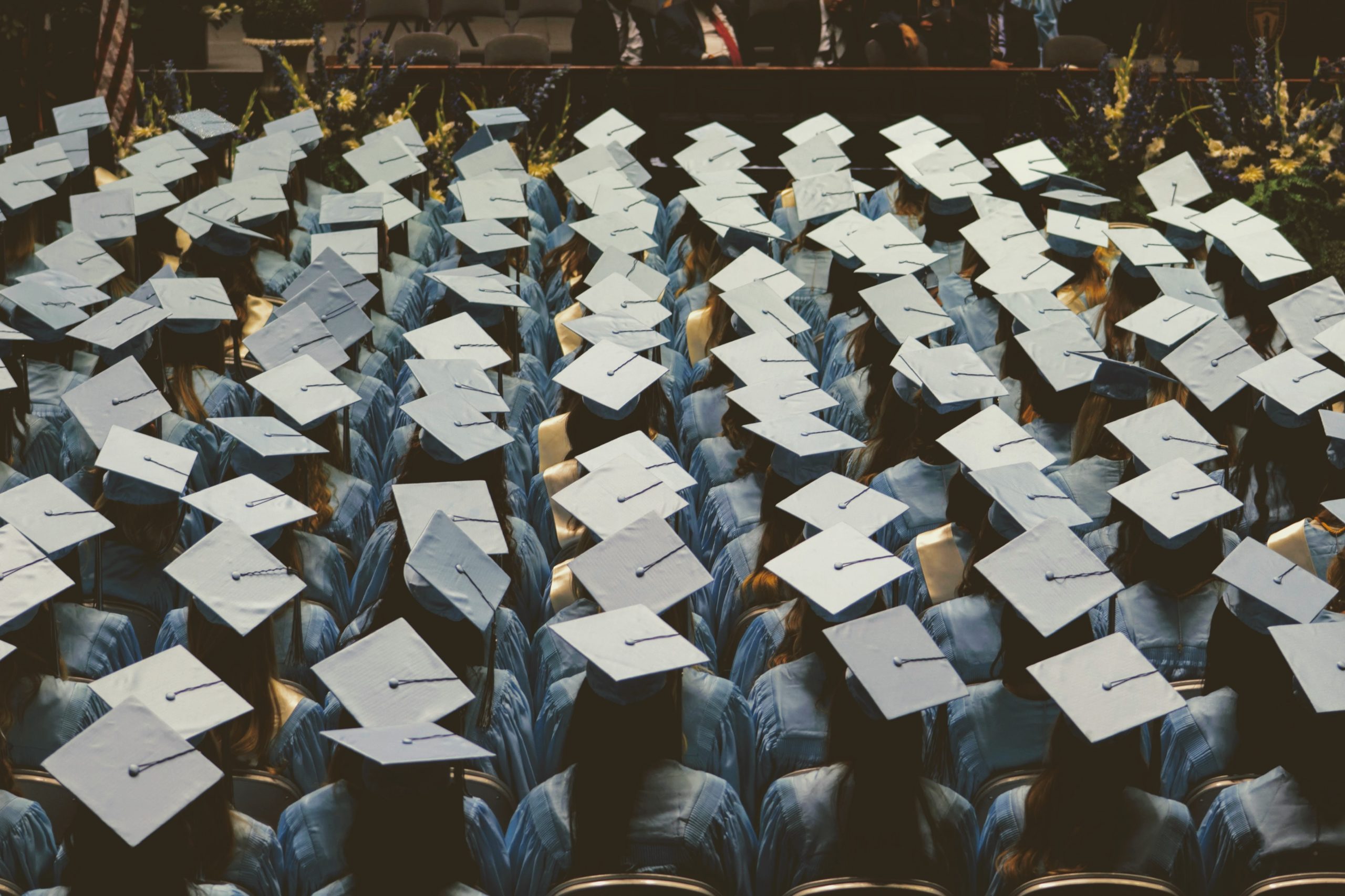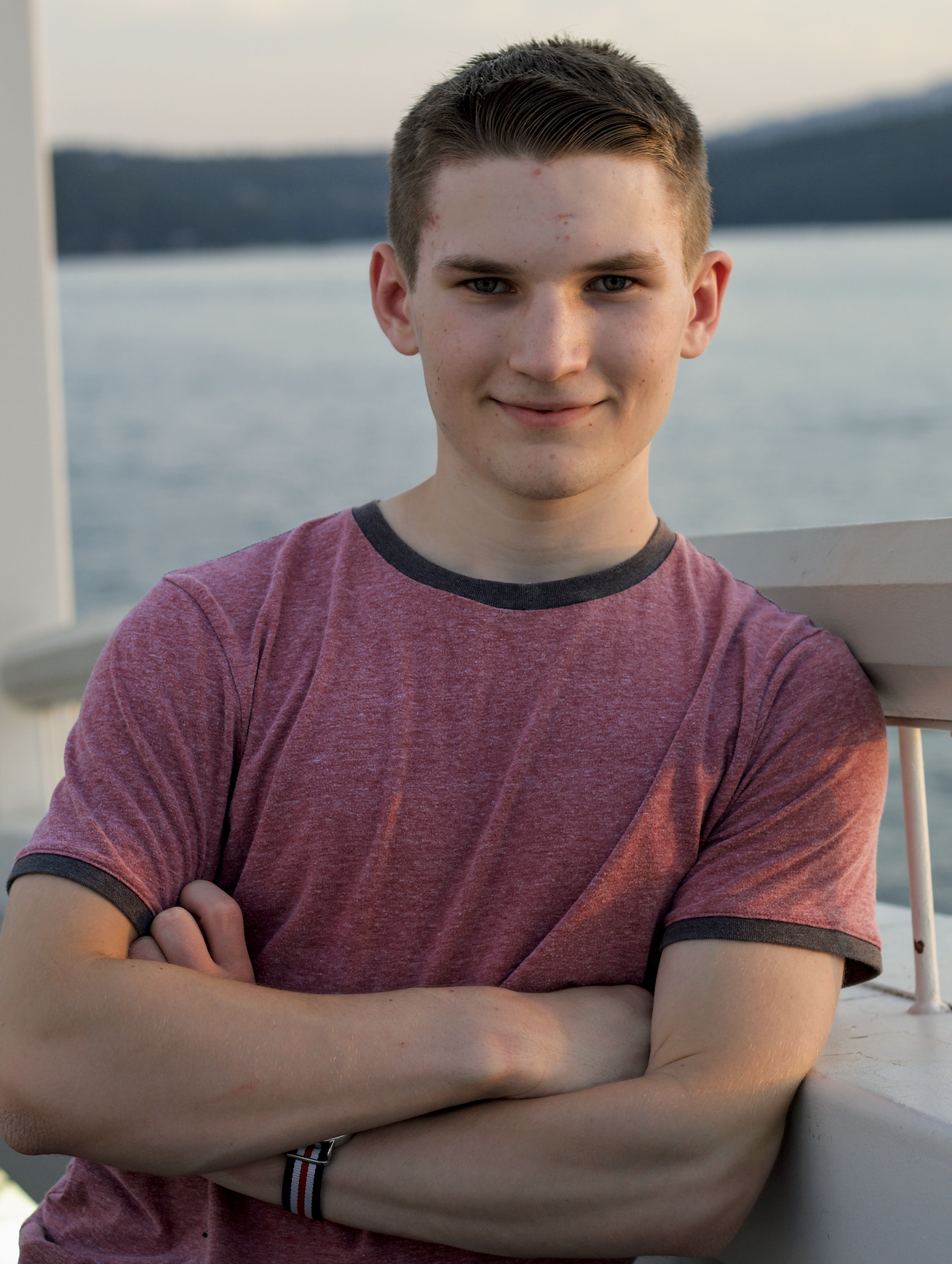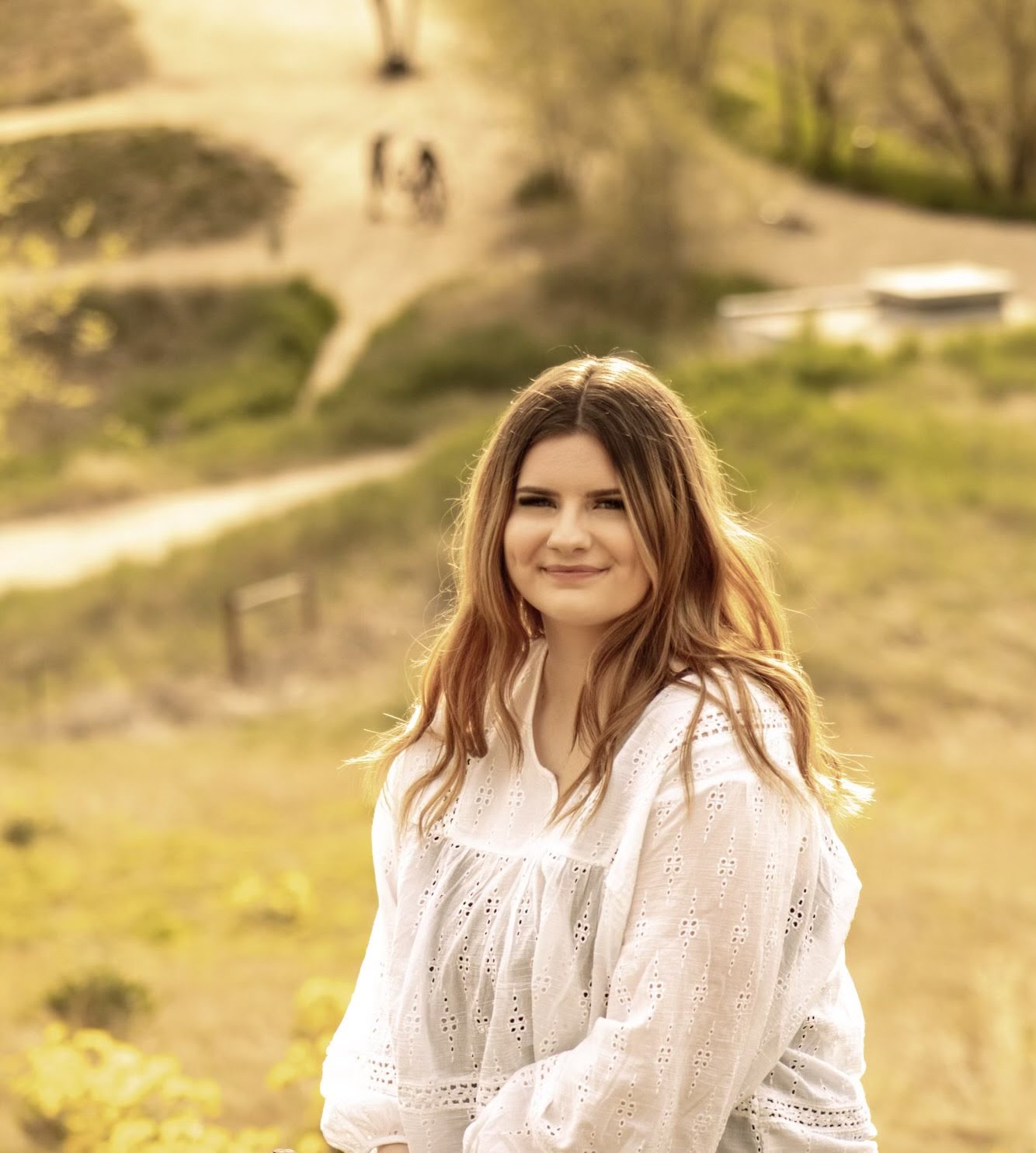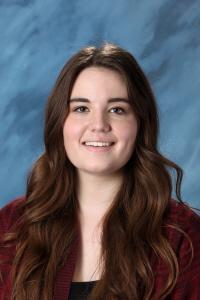
Resilience: Lessons from 2021 Idaho Graduates
A one-word description emerges after speaking with several 2021 Idaho charter high school graduates about the most unusual conclusion to their secondary school careers: resilience.
It would be easy for the class of 2021 to feel a collective sense of self-pity. After all, portions of their junior and senior years were disrupted by a global pandemic that shut down their schools and required them to do most of their learning online. They were cut off from their friends and forced to learn under less-than-ideal conditions.
But from a small sampling of charter school grads, the pandemic represented at worst a bump in the road, one that tested their ability to adapt to challenges, and helped them emerge stronger and better able to roll with the punches life inevitably delivers.
GETTING A STEP AHEAD
Austin Kugler not only graduated from North Idaho STEM Charter Academy in Rathdrum this spring, he earned an associate’s degree in computer science from North Idaho College in Coeur d’Alene as well. The pandemic didn’t slow him down.
Austin missed the in-person interaction with his peers during the several months classes were mostly online. “Being STEM (science, technology, engineering, and math) focused, we do a lot of team projects, which is quite a bit different when you can’t meet,” Austin said. “And then presenting final projects over zoom can be challenging.

But he perceived some advantages to online learning as well. “A lot more classes went online, which overall is a good change. It makes it a lot more flexible, and it gives you more freedom to choose what you want to do,” he said.
The STEM Academy encourages students to take as many college classes as possible while earning their high school diploma, and the fact that so many North Idaho College classes went online during the pandemic made this more manageable, Austin said.
He also appreciated the fact that many high school and college classes were recorded, so if a student misses a session he can always go back and catch up. Austin said he hopes these changes are permanent; that education remains more flexible, with more than only in-person modes of delivery.
Overall, Austin thought highly of how his high school handled the pandemic. “They were really effective in moving to virtual because the school was already very focused on that. The teachers did a lot to make that transition as smooth as possible.”
The fact that the STEM Academy is a charter school helped as well, Austin said: “Being a charter school, where you have more choice on what concepts you want to pursue, and also having that coupled with flexible, virtual, dual credit classes really gets you a step ahead.”
This summer, Austin is taking part in an internship at Boise State University, focused on blockchain technology. While the original plan was to spend the summer in Boise living in a dorm, the internship will now be virtual. He’s a bit disappointed with the change, but is confident he can make it work to his advantage.
In the fall, Austin will attend the University of Idaho satellite campus in Coeur d’Alene. He plans to attend in person, and to study computer science. He figures he will have earned his Bachelor’s degree by age 20, then hopes to go to work for a major tech company like Google or Facebook.
MAIL FROM MENTORS

Rochelle Wilson started attending Pathways in Education charter school in Nampa as a sophomore. Part of a national public charter school network dedicated to underserved students, Pathways has long followed a blended learning model, with some classes online. This made the transition during the pandemic to virtual learning easier for the school and students alike.
Still, Rochelle missed the in-person classes and face-time with teachers that she said helped keep her grounded and connected. “I really needed those in-person classes, especially in math, and for half my junior year and all of my senior year it was really difficult,” she said
She praised her teachers for “keeping kids on track and really pushing us to keep going.”
Teachers at Pathways urged students on by sending them cards in the mail, telling them “how amazing we were doing and encouraging us to finish, because we were so close,” Rochelle said. “It sounds like a little thing, but it was a really big thing for me. Not many schools would go out of their way to do that.”
Another challenge Rochelle experienced was in the lack of social interaction with her friends and peers. “Your senior year you’re looking forward to those adventures with your friends during the last year of high school, and we all missed that,” she said.
Despite the challenges, Rochelle graduated last month, and is looking forward to the next chapter in her life.
She hopes to attend Oregon Coast Community College in Newport, Ore. this fall to study business. But she is facing challenges finding housing, because the pandemic and the economic problems it caused put a squeeze on affordable housing in the coastal town. If she can’t find a place she can afford to live, she might have to defer that plan.
A HISTORICAL MOMENT
Elizabeth Hunt pulled off an unusual feat last month: She graduated from college before being handed her high school diploma at Compass Public Charter School in Meridian the first week in June.

It was a question of timing rather than anything else. She earned both her Compass diploma and an Associate’s Degree in history from the College of Western Idaho this spring. The college graduation just happened to take place before the high school ceremony.
Having been vaccinated against the COVID-19 pandemic along with her four closest friends, Elizabeth was able to reunite with them late in the spring, after months of enforced separation, and enjoy some time together before graduation.
And now, with the pandemic warning, “we’re all having different graduation parties, outdoors, with less than 50 people invited.” In other words, after a most unusual year, graduation time is turning out to be something resembling normal.
Elizabeth and her friends spent time together online over the past year, doing SAT study sessions, and keeping up with one another’s lives. Still, she felt she missed a chunk of her life.
Elizabeth’s graduating class has just 41 students, many of whom have been together since elementary school. It’s a tight-knit group, and they had a tradition of gathering on the last day of school to do something social together.
“This sense of closure you have over the summer, of finishing one grade and preparing for the next, that just didn’t happen last year,” she said.
Academically, Elizabeth didn’t miss a beat. A strong student with clear career ambitions, she kept up with her work and is prepared to attend the University of Redlands in California this fall.
She said she used to get frustrated with other students who weren’t as academically oriented. But she said both she and teachers gained an understanding during the pandemic that some kids lead challenging home lives that make academics less central to their existence.
“I think that can transfer over — teachers being more understanding of their students and their lives,” she said. That certainly occurred at Compass, she said.
In fact, she said, an ideal outcome would be for schools and districts to understand that some of their students need additional help — like WiFi in the home or regular meals — that no one else is going to provide. It expands the mission of schools, she said, but might be vital.
Elizabeth, mature beyond her years, already has plans to go abroad for a Master’s Degree in history. Nothing about her pandemic experience has changed her mind about that. In fact, she sees studying the ebbs and flows of human existence as more important than ever.
–



